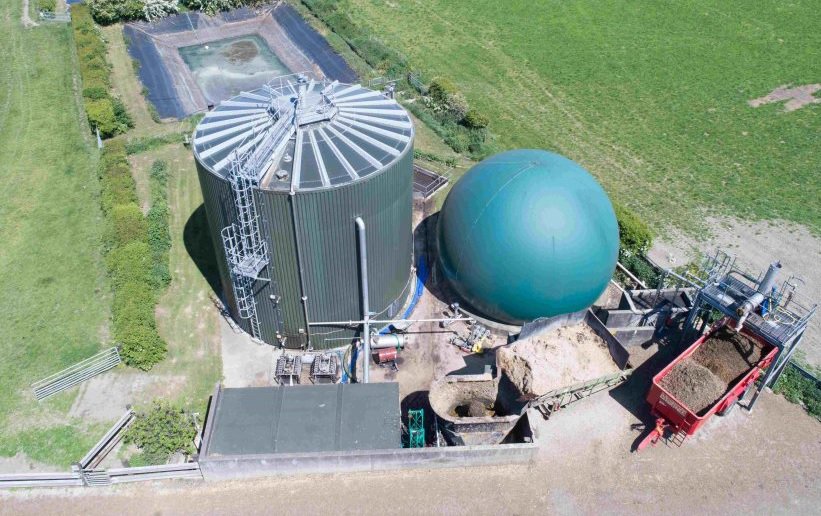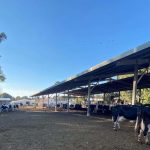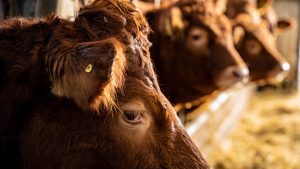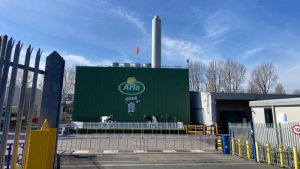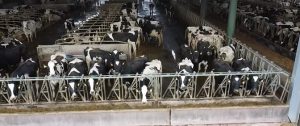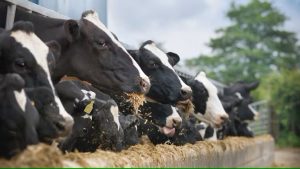
The UK dairy cooperative said it wanted to draw attention to this ‘often overlooked’ source of renewable energy, calling for a new plan to harness its potential.
Tapping into biogas was once a staple of Victorian Britain after Birmingham engineer, Joseph Edmund Webb, patented a sewer gas destructor lamp fuelled by emissions from London’s sewers.
Arla said that the government could “once again harness the power of poo” to help solve the UK’s energy security crisis with a strategy for anaerobic digestion of farm and food waste.
The co-op is calling for a new strategy incorporating larger community-based facilities generating biogases that can be fed into the gas grid or used in transport, and small scale digesters creating energy for use on farm.
It is also championing ‘better and more affordable’ grid connections, while at the same time helping more farmers install solar power and other renewables.
James Pirie, vice president of logistics at Arla, said dairy farmers had the potential to play a major role in the future of the UK’s energy security.
He said: “Britain’s livestock sector has the potential to turn nearly 91 million tonnes of manure and slurry and 10 million tonnes of food waste into 8 billion cubic metres of biomethane, enough to power 6.4 million homes.”
“If we put the right policy changes in place and give our farmers the support they need, we can unlock the potential for even more farms to scale their use of renewable energy sources.”
Stephen Temple, a farmer who supplies Arla, said cow slurry had the potential to power communities across the UK.
However, he said installation of an anaerobic digestor to make this happen was not cheap, and operation and maintenance had to be learnt.
He said: “We’re hoping that with the government’s help we can resolve the difficulties farmers face with grid connections, costly installations, and regulatory and planning issues so we can better utilise this invaluable energy source.”
